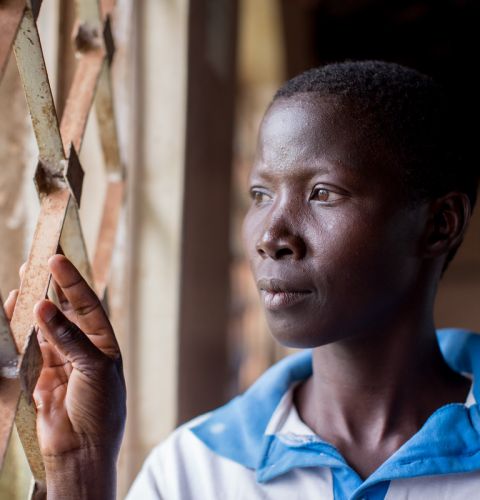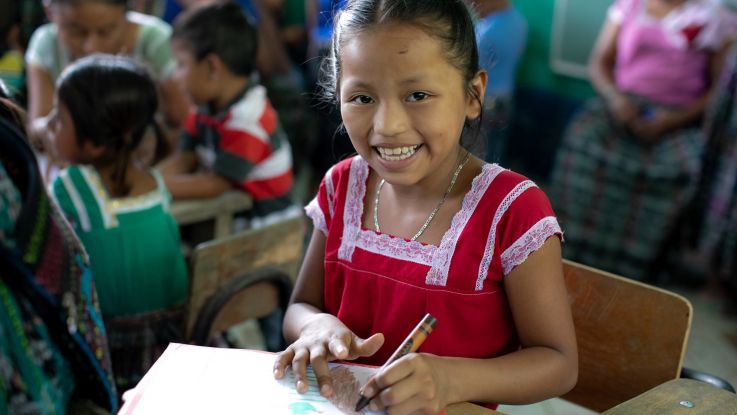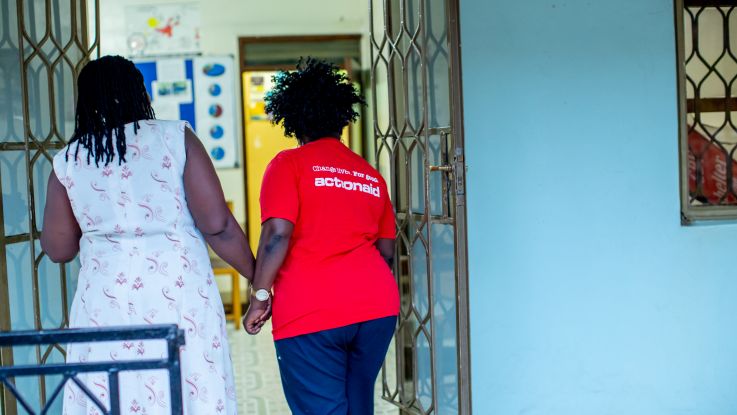Coronavirus pandemic: global domestic violence support guide
Remember: you are important. You are not alone. And violence is never acceptable.
Seek local support networks
Think about what support is available to you locally.
This might be trusted friends or family you can reach out to; it might be a local women’s organisation that provides support services; it might be a national helpline that you can call or text.
In the UK, for example, you can call the National Domestic Abuse Helpline on 0808 2000 247.
Identify emergency services
Identify what you can do in an emergency situation.
Will the police in your local area provide a quick and supportive response service?
If so, make plans for how you could call them in an emergency.
If there are children in the house make sure they know how to call emergency services too.
Consider other trusted sources of support
Consider: who else can you trust in an emergency?
Do you have neighbours you could rely on for support, or are there local groups or associations you trust that might be helpful in an emergency?
Prepare an emergency bag
Can you safely prepare an emergency bag that you keep hidden in the house?
Prepare essentials like clothes, medicine and official documents so that you can grab them if you (and your children) need to leave at short notice.
Prepare emergency money
Can you (safely) prepare a small reserve of emergency money?
If possible, try to ensure you have small amounts of cash kept in places that you can access, and that your partner does not know about.
The lockdown should not prevent you from accessing essential services
While many countries are under lockdown, essential services do remain open.
They can be accessed safely within social distancing guidelines. This includes many women’s shelters. Do seek help when you need it.
Practise self-care
Identify ways you look after your own health and well-being day-to-day.
Try to keep basic supplies of food and medicine that you need in the house. Consider small ways you can keep calm and centred, such as simple breathing exercises, listening to music, eating as well as you can, and staying active.
Domestic violence services in the UK
If you are in the UK, the following organisations are available for support.
If you are outside of the UK, please seek local advice on the most appropriate services to access at this time. There are women’s organisations, helplines and services providing vital support to women and girls across the world during this time of crisis.
Please always call 999 (or your local emergency services) in an emergency.
24-hour National Domestic Abuse Helpline (UK) | 0808 2000 247
A 24-hour national service for women experiencing domestic violence, as well as for their their family, friends, colleagues and others calling on their behalf.
- Rape Crisis (England & Wales) | 0808 802 9999
A free national helpline for women and girls who have experienced abuse, rape and all forms of sexual violence.
- Galop, the LGBT+ anti-violence charity | 0800 999 5428
Support for LGTB+ women, men and non-binary people who have experienced hate crime, sexual violence or domestic abuse. They also have a dedicated service for trans people.
Footnotes
- 1Some of the information provided here has drawn on information available in the Women’s Aid Survivors Handbook and has been adapted for a global audience. https://www.womensaid.org.uk/the-survivors-handbook/making-a-safety-plan/
Page updated 6 February 2025



